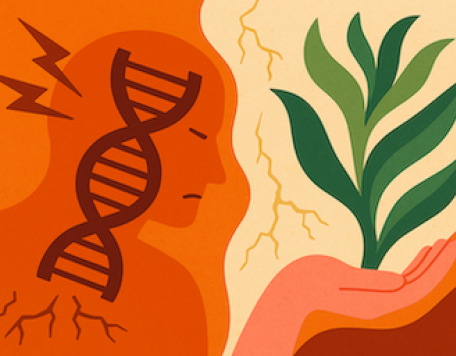© Pint of Science, 2025. All rights reserved.
How do we study the weather? Can AI improve board games? Our event on Monday 22nd May will answer these question and many more! Dr Nina Otter will talk all things weather prediction, the atmosphere and the climate. Dr Diego Perez-Liebana will discuss how AI is being used to test and better board games (think Settlers of Catan and Ticket to Ride!)
Bringing AI to the table: helping designers make better board games
Dr. Diego Perez Liebana
(Senior Lecturer on Computer Games and Artificial Intelligence)
Artificial Intelligence is ubiquitous: it is used in chat-bots, medical applications, and in games to defeat world champions at Chess, Go, Poker and StarCraft. In this talk, we’ll present our recent work on applying AI to help design and play-test Tabletop Board Games (such as Settlers of Catan, Ticket to Ride or Pandemic), which are intrinsically social games that bring people together around a table. We are working with board game designers to create AI tools they can use to build better tabletop games, so they can make fun and safe social environments for their players.
The shape of the climate
Dr. Nina Otter
(Lecturer in Mathematical Data Science)
An important goal in atmospheric science research is to find simplified models of the atmosphere to better understand weather systems, model their evolution over time, and predict future outcomes. Weather data sets present many challenges: they are often large and contain uncertain or missing data. In this talk I will explain how techniques from the field of Topological Data Analysis — a relatively new discipline in data science — allow to study properties of data that one can think of as giving a summary of its "shape", and how these methods help in studying large and noisy weather data sets.
Map data © OpenStreetMap contributors.
Other The Drapers Lounge events
2025-05-21
Brains in the Balance: A deep dive into how biology breaks, and how science rebuilds...
The Drapers Lounge
15 Bancroft Rd, Bethnal Green, London, E1 4FZ, United Kingdom
2025-05-20
From Chromosomes to Consciousness
The Drapers Lounge
15 Bancroft Rd, Bethnal Green, London, E1 4FZ, United Kingdom



